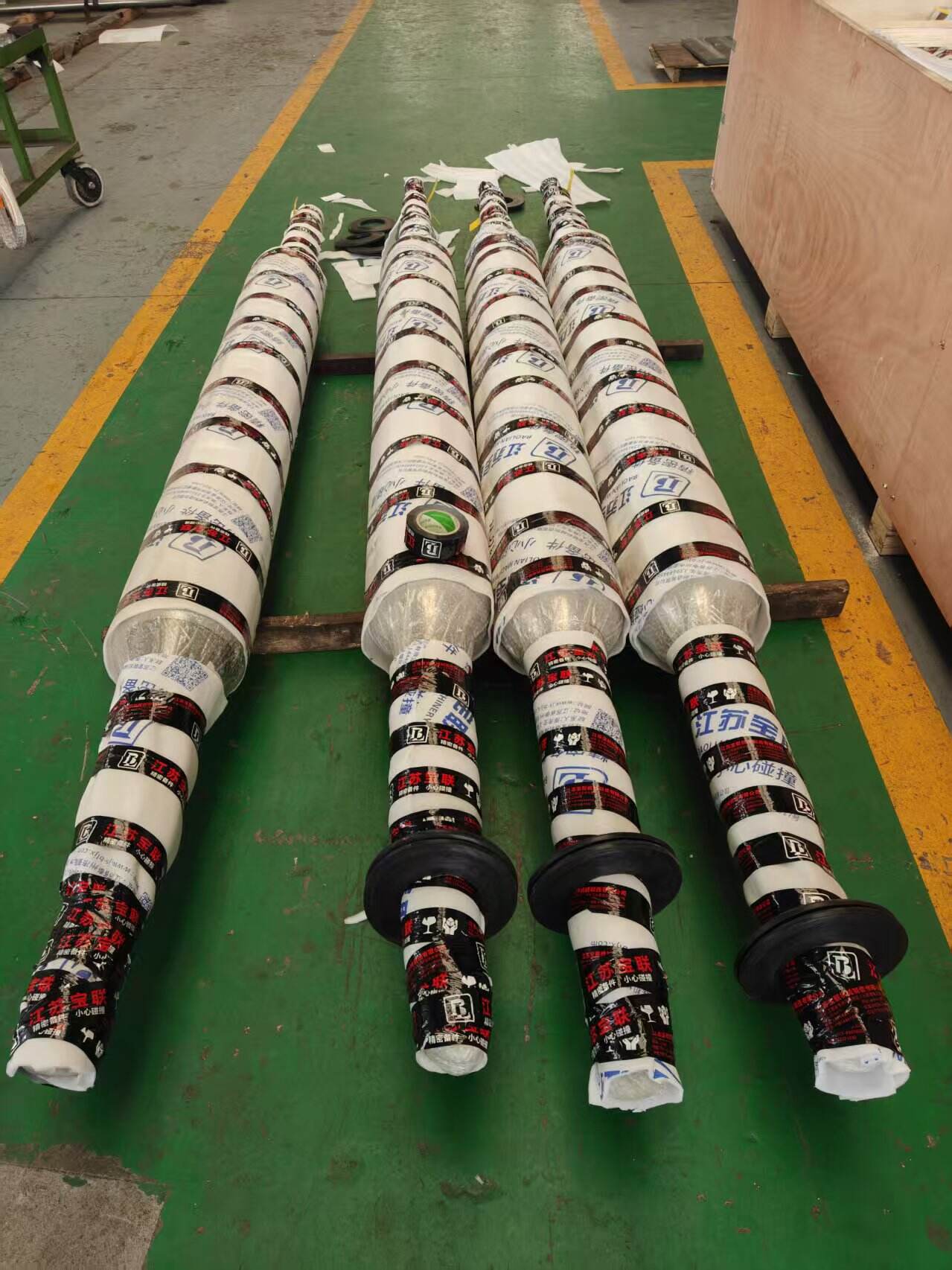heat processing
Heat processing represents a fundamental industrial operation that encompasses various thermal treatments to modify, enhance, or preserve materials. This sophisticated process utilizes controlled temperature applications to achieve specific material properties or product characteristics. At its core, heat processing involves the systematic application of thermal energy through different methods including conduction, convection, and radiation. The technology employs advanced temperature control systems, specialized heating equipment, and precise monitoring mechanisms to ensure optimal results. Modern heat processing systems integrate computerized controls, enabling real-time adjustments and documentation of thermal parameters. The applications span across multiple industries, from food processing and metallurgy to ceramics and electronics manufacturing. In food processing, it serves as a critical method for sterilization and preservation. In metallurgy, heat processing is essential for heat treating metals to achieve desired mechanical properties. The process can be customized according to specific requirements, with temperature ranges from moderate to extremely high levels, and duration periods from brief exposures to extended treatments. Advanced features include programmable temperature profiles, uniform heat distribution systems, and energy-efficient operations. The versatility of heat processing makes it indispensable in modern manufacturing, offering solutions for various material modification needs while maintaining consistent quality standards.
